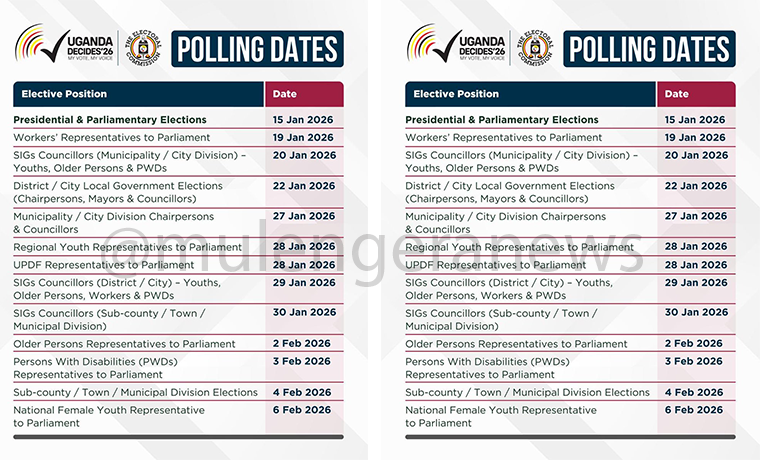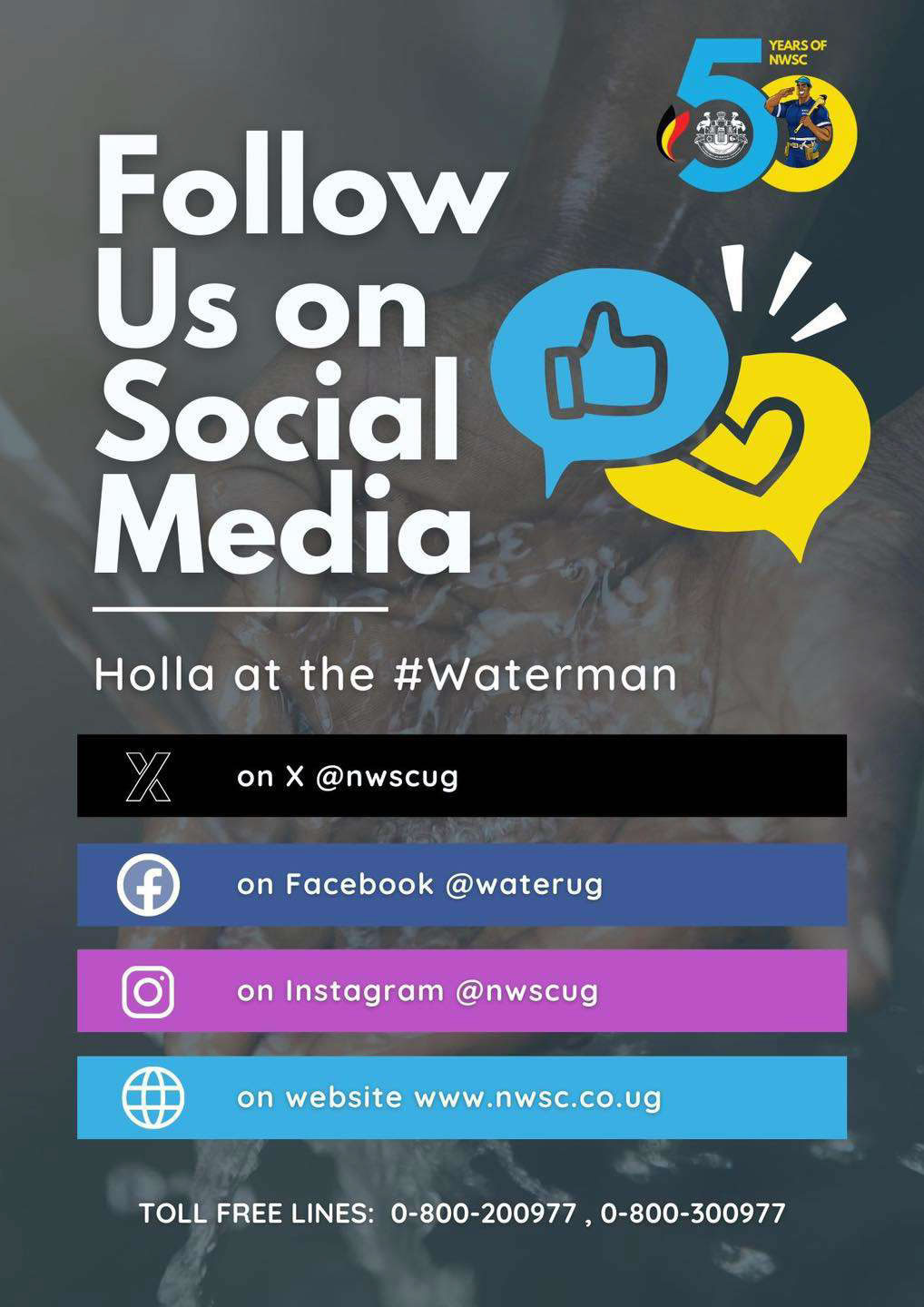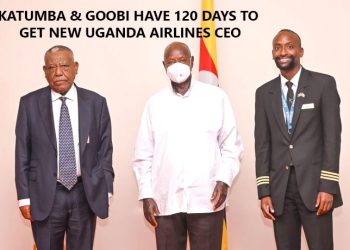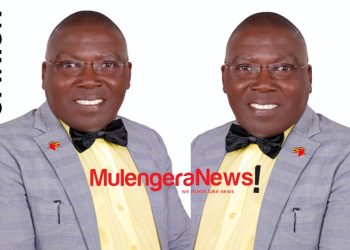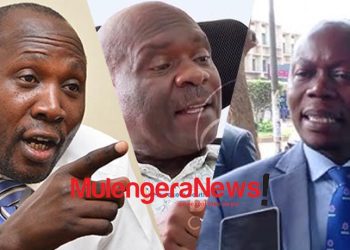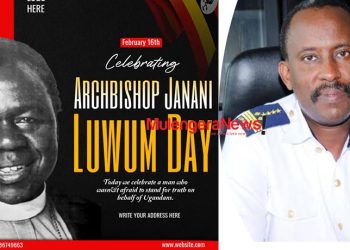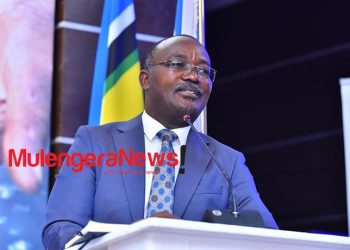By John V Sserwaniko
Confusion has erupted in Uganda Media Owners Association (UMOA), a grouping founded barely 10 years ago to enable radio, TV stations and newspaper owners to act collectively on matters affecting them all. Vision Group indefatigable CEO Robert Kabushenga is the founding chairman of UMOA whose relevancy has over the years grown to attract voluntary membership of almost all media houses. One of the most important things UMOA has done for its members is to set standards and successfully demand for better treatment of media houses by big name corporate companies that spend billions on advertising. It has also successfully stood up to advertising agencies that used to cheat and exploit especially radios upcountry from where its hard (if not impossible) to single handedly take on a powerful advertiser like Airtel/MTN or even the advertising agency it uses. This is how it works; a big corporate firm will have a campaign to say promote its new product and will engage an agency for a number of reasons. This could be to come up with creative graphics design for the campaign messages or even conceptualizing the campaign itself. Then even selecting the most appropriate media houses to use may be tedious a job for say a telecom company. The company employees would wish to concentrate on their core business while outsourcing the marketing/publicity function for the new product to an agency that will in most cases have (or purport to have) the necessary know how regarding the packaging and most appropriate media houses to use and the allocation of the budget for the campaign. Acting as an agent, the agency will go ahead to contract the media houses and begin running the campaign.

THE PROBLEM AREA:
Now the challenge has always been that some advertising agencies would exploit the frustration media houses have to get corporate advertising to act unethically and exploitatively. They sign you on and after running the campaign, you don’t get your money and it’s even worse when you are trying to stand up to them as an individual radio station from upcountry. Imagine a radio whose monthly income doesn’t even exceed Shs10m (there are many such poor radios upcountry) having to stand up to say Metropolitan agency that controls billions of shillings. It was always hard as Anthony Wanyoto’s ZK experience showed. They placed advertising messages worth billions on behalf of Airtel when it was still Zain and took advantage of the transition (change of ownership) not to pay. At the time Airtel took over, the media houses had a total claim of Shs2bn which new Airtel management refused to pay saying we never contracted you. Yet by that time ZK had gone under with its man Wanyoto claiming to have passed on the money to his superiors in Tanzania. There was an almost similar problem when Orange became Africell and (new UBC MD) Nader Anderson’s Star Leo was involved as the agency. A similar problem existed regarding Uganda Health Marketing Group (UHMG) on whose behalf ZK placed adverts worth billions and suddenly dissolved itself and run away with media house’s money. Individual media houses proved too small to single handedly take on the situation. Besides that the corporate companies, on the prompting of the advertising agencies, would play the divide and rule card whereby after refusing to pay media house A, they would go to contract media House B afresh to continue the publicity campaign. In doing this they were exploiting the amateurish competition and lack of unity amongst media houses that hadn’t yet seen the essentiality of coming together. Media house B would celebrate seeing the client abandon A to come and do business with him or her.
WHAT HAS UMOA DONE?
UMOA brought all that to an end and media houses started acting jointly and one of its accomplishments was to ensure companies/agencies pay for the work done within 45 days of running the job by a media house. In the past they would take as long as a year or more if they paid at all. “An agency owner would get the money say Shs2bn and uses it to build a very posh house instead of paying it to the media houses. You go to the corporate company, they would say we don’t know you. We never contracted you forgetting that the acts of the agent bind the principal,” recalls Buddu FM’s Alex Katende Birigwa who deputizes UMOA reigning Chairperson Susan Nsibirwa of Vision Group. UMOA, whose annual membership fee is Shs1.75m, has also successfully sued telecom companies and recovered billions on behalf of the member media houses (mostly radios upcountry). It has also promoted best industry practices, set standards for members, put in place a peer review mechanism and has also invested in capacity building for its members by organizing quarterly training sessions. Examples are Airtel/Zain Uganda and UHMG whose obstinacy has had to be cracked hard by UMOA lawyer Deus Nsengiyunza (of Ayigihugu & Co Advocates) using courts of law to compel them into consent agreements to pay the money fearing bad publicity resulting from prolonged litigation. If allowed to go on, such prolonged litigation would also increase scrutiny and thereby exposing much more regarding the telecom companies’ unethical practices. That is how Airtel and UHMG agreed to pay up for the mess created by Wanyoto’s ZK Advertising that originally thought would eat people’s money and get away with it. It’s impossible that on their own, individual radio stations would have taken up this challenge. In fact UMOA sources say this misconduct by ZK is why many radio stations became very broke and failed to meet the most basic expenses. “You can’t delay somebody’s money for such a long time. Its business and when you do you will have crippled him or her forever,” says a source. Besides the consent judgments achieved through negotiations to avoid prolonged litigation, there is another court matter involving Airtel whose judgment is expected later next month and should UMOA win, members will be swimming in a lot of money having waited for so long. UMOA also introduced corporate values like transparently financial management and has been using quarterly training sessions to bring experts to impart the same to its members. Katende, who has two big name radios in UMOA namely Buddu FM and Digida fm, says UMOA has also engaged government to recover money that members had given up on. “We had the ID project debt which government was refusing to pay because some of the radio stations hadn’t been procured properly. They had no LPOs and the management of the project was saying we aren’t paying. That was before it even became NIRA but as UMOA, we used our elder and founding chairman Robert Kabushenga to negotiate with people who mattered in government and we got paid and I can tell you there are many upcountry radios that lived on to the next day yet they were on the verge of closing shop if that money hadn’t come in,” Katende recalls. His points were corroborated by CBS Advertising/Marketing Manager Bill Nyatio who is also one of the 6 UMOA executive committee members. We tried but failed to get Susan Nsibirwa, the UMOA Supremo to respond to the grievances that upcountry media owners have been raising to justify their impending break away from UMOA.
WHAT HAS GONE WRONG?
This news website spoke to Julius Tumusiime the owner of BFM in Bushenyi who claimed that 60% of the upcountry media owners had agreed to break away from UMOA citing a number of grievances. He has been in charge of upcountry membership mobilization in UMOA but now, closely working with Life FM owner in Fort Portal Ambrose Mwesigye, he is spearheading the formation of Uganda Regional Media Owners Association (URMOA). Mwesigye is the interim chairman and Tumusiime is the interim General Secretary. Tumusiime said: “We aren’t only considering breaking away. We already have and in April we shall hold the pioneer General Assembly of members and agree on several things and then start.” He said UMOA has been a very enriching experience from which they have learnt a lot including enhanced self-confidence but the problem has been twofold. One is the annual membership fee (Shs1.75m) and the joining fees (Shs2m) which he said is unjustifiably too high for poor radios upcountry. “We are also concerned that UMOA is only helping members to enforce payment by collecting the money from the agencies and they have objected to our demands for collective marketing. We want an association that can negotiate jointly and get adverts for the members because especially new upcountry stations, they are too weak to afford an office in Kampala and have sales teams that can penetrate the market. Those are our concerns otherwise UMOA has been very good to us. In fact the URMOA formation is partly inspired by UMOA,” said Tumusiime adding that URMOA will be seeking to perfect all the good ideas learnt from UMOA. Mwesigye corroborated his views saying it’s now a question of when and not if they will ever announce their departure from UMOA.
WON’T BE EASY;
The UMOA bosses Nyatio and Katende said the impending break away is something they have been hearing about but advised upcountry radio owners to shun Mwesigye and Tumusiime on grounds that things aren’t easy as they will soon find out. “Some upcountry radio stations can’t even pay NAB membership fee which is just Shs250,000. How will that new organization raise the money to do all the things UMOA has been doing for members including quarterly trainings, feeding members during such meetings, hiring the venues or even hiring lawyers with such financially crippled membership? UMOA has all the big players and it’s the one the government and corporate advertisers will listen to because of the countrywide solidarity it represents,” said Katende adding that even the Shs1.75m annual fee that members pay is inadequate and the exco ends up improvising from time to time. “You see these court cases are very expensive and require patience. Now all those can’t be funded on just annual membership fee. We have an office in Kampala with a full time employee-all those are expenses our colleagues will soon realize.” He explained with Kin Kariisa’s NAB (National Association of Broadcasters) overseeing policy concerns, UMOA has clearly distinguished itself as the financial wing of the media owners’ fraternity and no one is going to succeed taking that reputation away and take their (UMOA) place. “They are saying 60% have joined them but I doubt if that is true because apart from the Kampala giants like the NBS TV, Vision Group, NMG, Capital, Sanyu, CBS, Radio City, Digida, Radio One/Two and others being on board, even major regional stations operating upcountry are solidly in UMOA and won’t be leaving soon. I don’t see how anyone is going to mislead serious entities like Radio Buddu, VOT (Toro), NBS Radio, Baba fm in Jinja, Pacis radio and others to leave UMOA for something new with an uncertain future. That is not going to happen because these media houses know how far UMOA has got all of us from at almost zero expense,” Katende says adding that UMOA has been too accommodative to the upcountry stations including allowing them to have two members in the 6 member exco. “We are treated equally and soon you will see a member from upcountry serving as UMOA Chairperson because the capacity and self-esteem has been built in them. We realize the financial difficulties of radios upcountry but UMOA has largely been a solution to those problems rather than being a cause. That is why we allowed them to pay the annual membership in installments and when we are representing them in court we don’t say those that haven’t yet paid first pay or you won’t be represented. There is so much transparency in UMOA that even defunct members like WBS are contacted to expect their money each time we win a court case.” In total agreement with Katende, Nyatio hopes that common sense will prevail and radio owners upcountry will realize the danger of abandoning a well-established and renowned UMOA for something with an uncertain future. Asked if members with capacity will be allowed to join URMOA while remaining in UMOA, Nyatio said: “It will depend but I don’t see how dual membership is going to be tolerated because from what they are saying its clear they want something totally different from UMOA and once objectives are contrary, you can’t be member to the two organizations.” Katende concluded by explaining why UMOA can’t accept BFM Tumusiime’s suggestion to collectively negotiate advertising business for its members. “Every media house is free to develop its own rate card and they know the approach they use to sell and you can’t force a client to buy space on all of them. He might prefer radio station A and not B and it would be imprudent for UMOA to force that on them,” he said in an attempt to explain away the complaint by upcountry media owners that UMOA always advises agencies to exploit them by paying less for the aired adverts than what they pay for the same on city radio stations. Watch this space for more. For comments, call/text/whatsapp us on 0703164755!


















